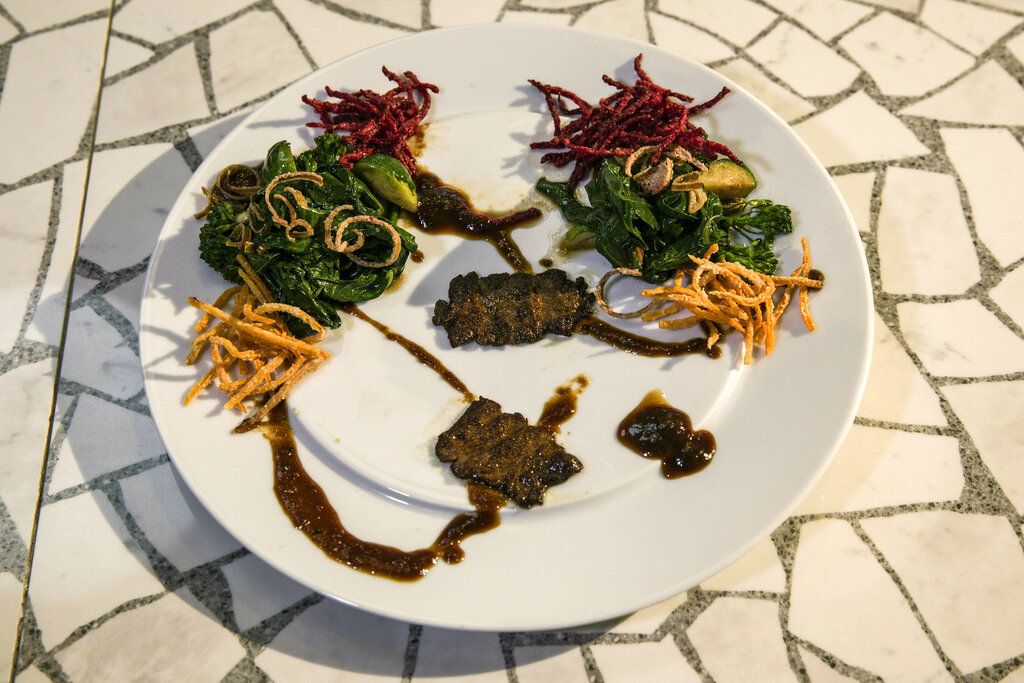Hungary is considering a ban on synthetic meat modeled on the Italian law passed last year, according to Hungarian Minister of Agriculture István Nagy.
Nagy held a meeting on Thursday with Ettore Prandini, president of the Italian Coldiretti farmers’ organization, to discuss Italy’s ban on fake meat and the protection of traditional rural values, the Ministry of Agriculture told Hungarian news outlet MTI.
According to the statement, Nagy said Italy has banned the production and marketing of synthetic meat, which “our country is studying and considers as an example to follow.”
The issue of regulation is also on the agenda of Hungary’s EU presidency, as they want to have a broad dialogue on the issue.
The minister said that normalcy and the work of farmers, who have two feet on the ground, must be respected. Some people have become distanced from nature, “creating a pseudo-romanticism about the living world.”
“The majority of society needs to understand that without farmers there is no food and no future,” he added.
The minister added that the Hungarian government is working on how to restore social recognition for the farming community.
[pp id=71331]
István Nagy also pointed out that an unprecedented amount of funding is available to support investment in the domestic food industry. “To implement these developments, Hungary is counting on Italian investors and technological know-how.”
The meeting also touched upon the issue of how to tackle market difficulties caused by the influx of Ukrainian agricultural products. The minister said that the market is being taken over, and in this situation, “it is our duty to protect the interests of Hungarian farmers.”
He added that it is an important principle for Hungary that food items entering the EU from third countries must also meet EU quality standards.





